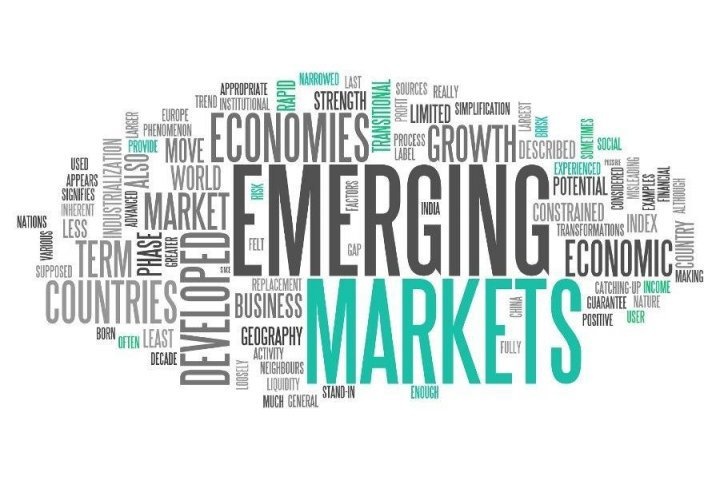 |
Shock to emerging markets…
On April 2, US President Donald Trump announced a series of new tariffs, up to 50% on allies. It has shaken global financial markets and raised fears of a global trade war.
The tariffs have hit emerging economies and some of the world's poorest countries hard, economists say.
“We are immediately concerned about the potential impact of severe tariffs on a range of emerging economies – an approach that risks further damaging the growth prospects of countries already facing worsening terms of trade,” said John Denton, secretary general of the International Chamber of Commerce, adding that the changes could trigger a series of sovereign rating downgrades.
John Denton likened the impact to the devastating energy crisis of the 1970s, which hit the global economy and roiled a host of emerging market assets.
Meanwhile investment bank Goldman Sachs said tariffs would shave 1 percentage point off GDP growth in China and this could have a spillover effect on emerging markets more broadly.
JPMorgan warned that “the shock to sentiment and capital flows is likely to be prolonged and require higher risk premiums.” The investment bank also downgraded its stance on emerging market currencies to “underweight,” calling this a possible turning point for emerging market debt.
Emerging markets only began to reverse a decade-long credit rating decline last year after a wave of defaults, accelerated by the negative impacts of the Covid-19 pandemic and a major driver of rising borrowing costs.
Some investors say tariffs could fundamentally change how they approach emerging markets. “If tariffs persist, we definitely need to rethink the export-led growth story of emerging economies,” said Gary Tan, a portfolio manager at Allspring Global Investments. “If that model is broken, then we definitely need to rethink how we invest in emerging markets.”
…and the Asian “factory”
Most Asian economies have been hit with very high tariffs, with six of the nine Southeast Asian countries on Trump's list already facing tariffs ranging from 32% to 49%.
Citi said tariffs have hit Asian factories particularly hard, estimating a weighted average tariff increase of 21% for the US, but 34% for Southeast Asia and China, compared with 20% for Europe and a handful of countries in Latin America exceeding 10%.
Fred Neumann, chief Asia economist at HSBC, said he expects central bank policymakers in Asia to step in by cutting interest rates. “This has the potential to cause a significant growth shock to the region, including Southeast Asia,” Neumann said. “That means central banks are likely to prioritize growth over inflation concerns.”
While emerging economies in Latin America and many African countries face relatively lower tariffs, giving them a short-term export advantage over rivals facing higher tariffs, investors caution that it remains unclear how long these measures will last — or what the secondary effects of a shift in global trade will be like in the modern era.
“We haven’t seen such big changes in 80 years,” said Yvette Babb, portfolio manager at William Blair.
Recommendations from the IMF
In a statement on Thursday (April 3), International Monetary Fund (IMF) Managing Director Kristalina Georgieva said that the comprehensive tariffs announced by Mr. Trump on April 2 pose significant risks to the global economy at a time of slow growth.
The IMF chief said it was important to avoid steps that could further harm the global economy and called on the US and its trading partners to work constructively to reduce tensions.
“We are still assessing the macroeconomic implications of the announced tariffs, but it is clear that they pose significant risks to the global outlook at a time of sluggish growth,” Georgieva said in her strongest comments to date on the risks posed by US trade actions.
“It is important to avoid steps that could further harm the global economy. We call on the United States and our trading partners to work constructively to resolve trade tensions and reduce uncertainty.”
She also said the IMF will provide its assessment of the announced tariffs when it releases an update to the World Economic Outlook during the IMF/WB annual meetings from April 21 to 26 in Washington, DC.
The head of the global lender told Reuters on March 31 that the Trump administration’s push for broad tariffs was creating “great uncertainty” and dampening confidence, but was unlikely to trigger a recession in the near future. At the time, Georgieva said the IMF was likely to downgrade its economic outlook slightly, adding that “we don’t see a recession in the near future.”
But the US tariffs announced on April 2 were far higher than trade experts had predicted or expected, and that could change all previous forecasts.
Source: https://thoibaonganhang.vn/cac-nen-kinh-te-moi-noi-can-chuan-bi-ung-pho-voi-thue-quan-162282.html


![[Photo] Prime Minister Pham Minh Chinh receives Swedish Minister of International Development Cooperation and Foreign Trade](https://vphoto.vietnam.vn/thumb/1200x675/vietnam/resource/IMAGE/2025/5/12/ae50d0bb57584fd1bbe1cd77d9ad6d97)


![[Photo] Prime Minister Pham Minh Chinh starts construction of vital highway through Thai Binh and Nam Dinh](https://vphoto.vietnam.vn/thumb/1200x675/vietnam/resource/IMAGE/2025/5/12/52d98584ccea4c8dbf7c7f7484433af5)
![[Photo] Prime Minister Pham Minh Chinh works with the Standing Committee of Thai Binh Provincial Party Committee](https://vphoto.vietnam.vn/thumb/1200x675/vietnam/resource/IMAGE/2025/5/12/f514ab990c544e05a446f77bba59c7d1)





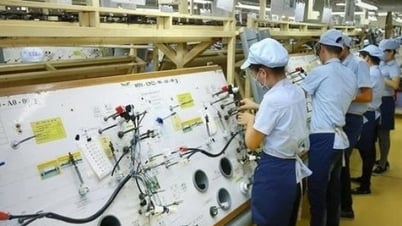





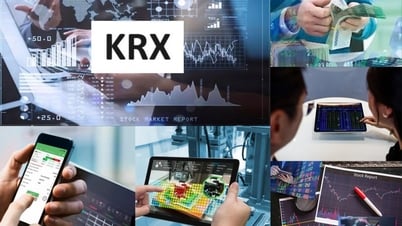

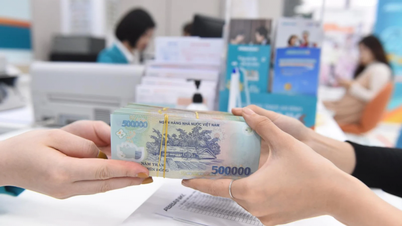
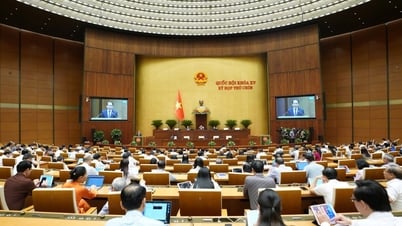

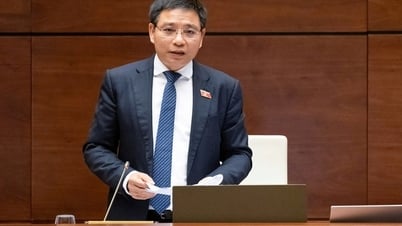






































































Comment (0)